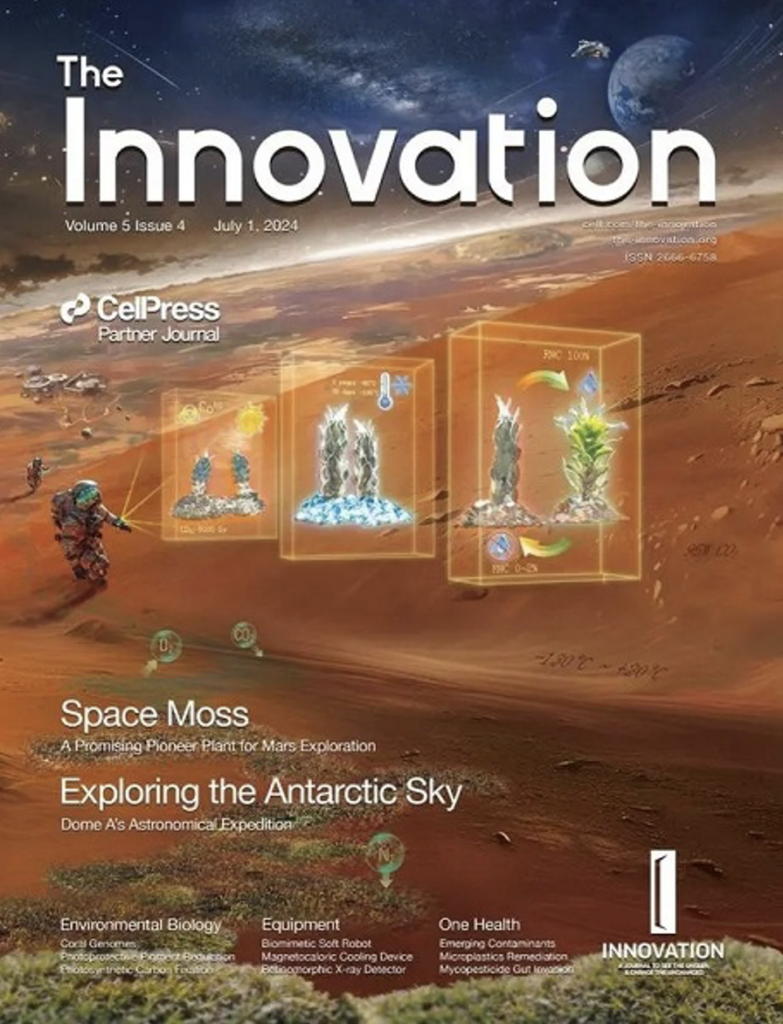https://english.news.cn/20240705/82e0d0bbc3f741858b8b61ea9591d540/c.html
https://www.the-innovation.org/article/id/6687bc912303000072005a3d
A recent study from the Xinjiang Institute of Ecology and Geography (XIEG), the National Space Science Center, and the CAS Institute of Botany suggests that Syntrichia caninervis, a globally distributed moss species that flourishes in harsh environments is a promising pioneer plant for colonizing extraterrestrial environments such as Mars.
Using samples from the Gurbantunggut Desert in northwest China’s Xinjiang Uygur Autonomous Region, one of the most concentrated distributions of Syntrichia caninervis, the moss’s extraordinary resilience under extreme desiccation, ultra-low temperatures and intense radiation was shown, as well as in a simulated Martian environment were these stress factors were combined.
The team found that the moss has remarkable desiccation tolerance. Even after losing over 98 percent of its cellular water content, it could recover photosynthetic and physiological activities within seconds after rehydration. According to Li Xiaoshuang, a researcher at XIEG, te plants appeared green when saturated with water, turned dark green and then black as the water was gradually lost, and turned green again only two seconds after rehydration. When exposed to minus 80 degrees Celsius in an ultra-low-temperature freezer for five years and to minus 196 degrees Celsius in a liquid nitrogen storage tank for 30 days, the plants survived and regenerated new branches. Moreover, the moss could survive super-intense gamma radiation exposure that would kill most plants and maintained vitality in simulated Mars conditions (air composed of 95 percent of carbon dioxide, temperatures that fluctuated from minus 60 degrees Celsius to 20 degrees Celsius, high levels of UV radiation, and low atmospheric pressure).
Mars is considered to be the planet most likely to be colonized by humans in the future. However, no life forms have been detected on Mars to date. Therefore, introducing organisms from Earth might be required to produce Earth-like conditions suitable for human life on Mars, a process scientists call terraforming. In the future, the team plans to conduct space flight experiments involving exposure to space conditions.

